

In 2023, Kalamazoo College students were offered a new study abroad opportunity, thanks to a competitive fellowship established by alumnus Robert Sherbin ’79.
The Jerry Sherbin Fellowship, named in honor of Robert Sherbin’s father, provides one K senior with a stipend to pursue an academic year post-graduation outside the United States, independently exploring a subject of deep personal interest.
Elle Waldron ’23—a women, gender and sexuality (WGS) major at K—was thrilled to be the first fellow selected from seven applicants in the fellowship’s inaugural year. Her proposal was to visit a variety of feminist and gender-equity organizations to witness the tools and strategies they use to execute their work and complete their goals. She also wanted her investigations to yield long-term relationships with people from around the world. The process would sharpen her critical-thinking skills so she could define feminism from a global perspective as it’s influenced by a variety of historical and cultural contexts.
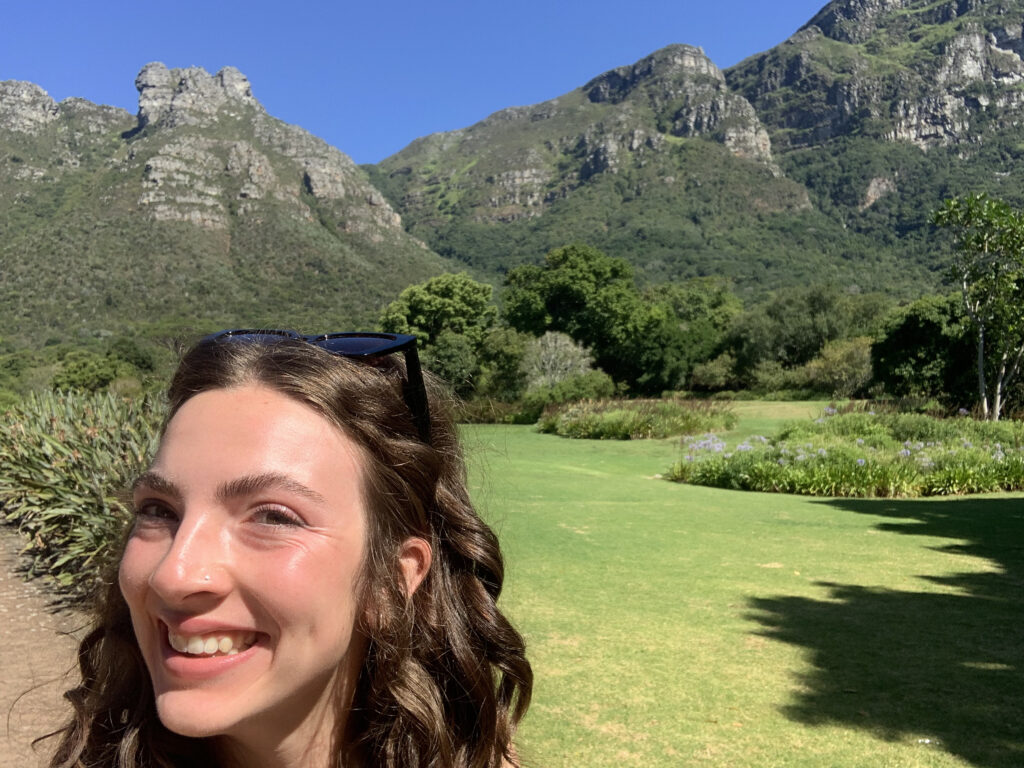
“Deciding how to define and use the word ‘feminism’ has always been difficult for me and a frequent question, but the word grounded me in my values and gave me a direction, even if it was quite flexible and vague,” Waldron said. “I thought my experiences abroad would provide a marker or a signal to like-minded people who might share my values.”
But as many K students and alumni discover in travels abroad, Waldron found that her plans and perspectives changed thanks to chance and a first-hand view of other cultures that shifted her philosophies. In fact, the word “feminism” proved to have limited power within the scope of her projects.
“I struggled because I found, especially in Australia and New Zealand, that the reality of the word is tied to whiteness and heteronormativity, meaning that it can’t be a definition for all people,” Waldron said. “I think feminism is a personal definition, and I can’t define it from a global perspective because it looks different in every cultural context. It’s impossible to apply one’s own definition of feminism to someone else.”
As a result, Waldron instead gained a deeper understanding of community development that will help build her career. She learned how people around the world develop supportive relationships in order to live and work together. And now that she’s returned to Michigan, her fellowship will conclude with a reflection provided to Sherbin from her travels, which took her from Australia to New Zealand, to South Africa, to Costa Rica and to Spain.
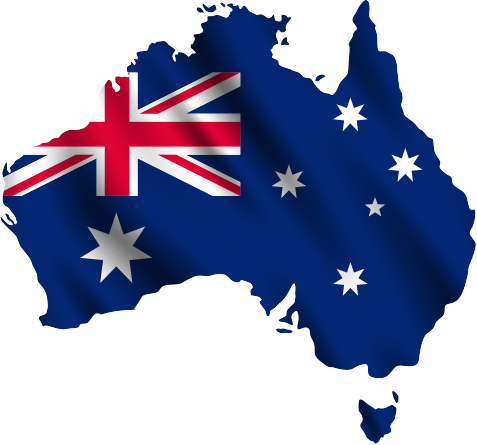
Queensland, Australia
Waldron focused on staying in one place as long as she could, knowing it could give her more of a local perspective rather than that of a tourist. The Sunshine Coast area of Queensland, Australia, was her first stop and turned out to be the longest time in one location.
She stayed with a family after connecting with one of their relatives in Michigan, leading to her first community-development work.
“When I arrived, they left me a spare key for when they weren’t home, and I kind of jumped into their lives,” Waldron said. “We spent a lot of time cooking dinner together and going to family events, and I spent a lot of the weekdays working at a local community center.”
At the community center, she volunteered at the reception desk; helped visitors connect with available support through local resources; made phone calls for the Pets for Life Program, which connected seniors with pet-care volunteers; and joined or set up space for weekly social clubs. She also worked on a project for the family support team—a group like Child and Protective Services in the U.S.—that showed how they believed their work reflected the organization’s new mission statement.
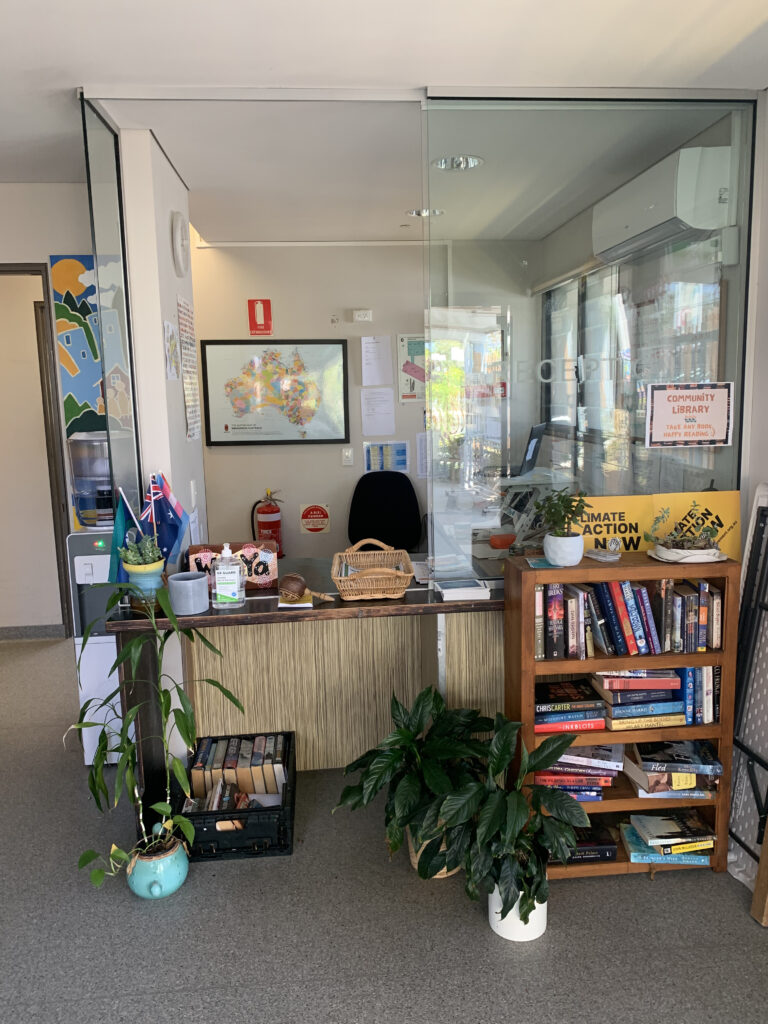
For this report, Waldron conducted interviews, surveys and analysis, while offering suggestions for feminist framework.
The community center was where Waldron began to question her goal of defining feminism on a global scale.
“I found that community development is the way of asking how people are supporting each other, how they’re building intentional relationships and walking alongside one another,” Waldron said. “It was a method that I wanted to look at and follow on my journey because I found the vocabulary of feminism and the definition that I follow to be difficult to define.”
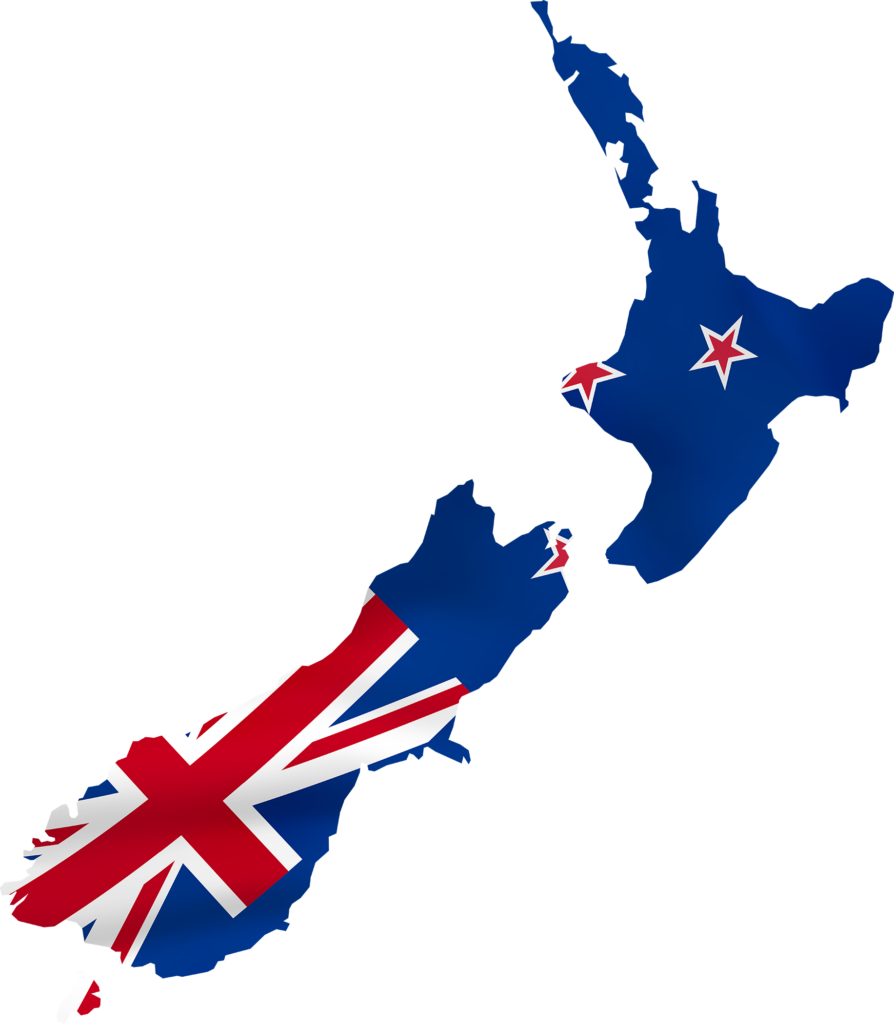
Auckland, New Zealand
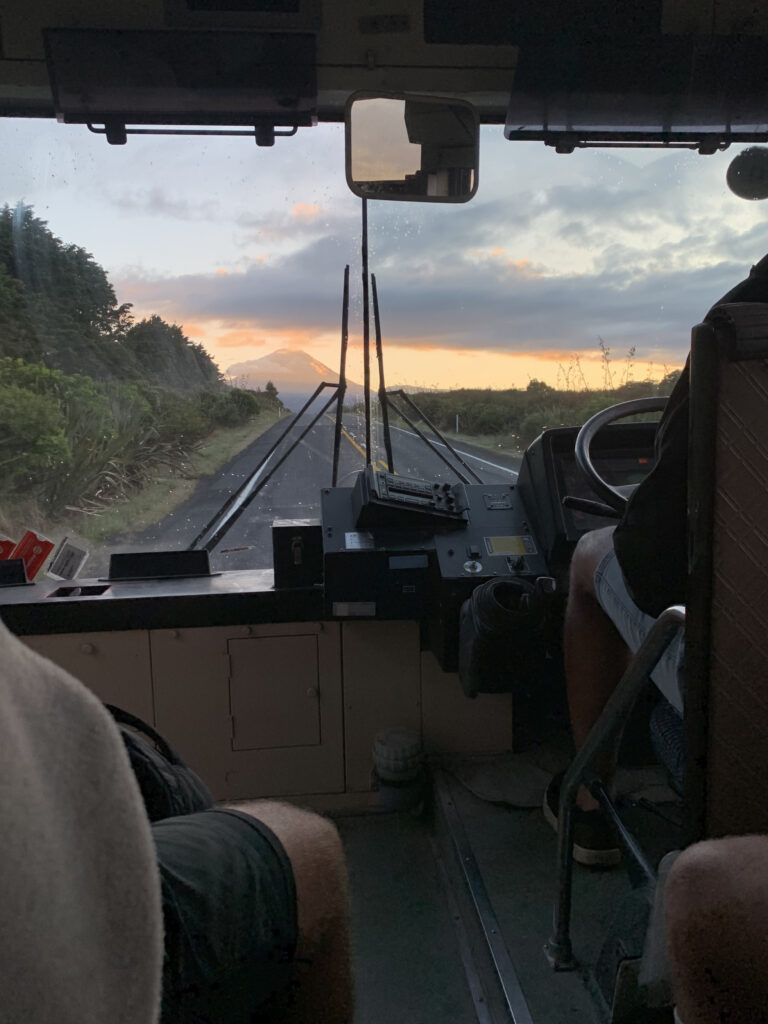
Waldron added a stop in New Zealand when she realized that much of South Africa shuts down for the holiday season in December. Despite finding no long-term volunteer positions, she found more opportunities to work in community development through business meetings—often called community development hui, which is a Mãori word for meeting—alongside her hosts. In places such as community centers, nongovernment organizations, and government organizations local to a particular area of the city, Waldron, as a guest, networked, brainstormed around current issues and celebrated recent accomplishments with community leaders.
She noted that places like community centers and neighborhood organizations “offer support to people who are struggling or looking for connection in their lives. That might be with housing, food assistance or building friendships and relationships while offering a common location. I found that to be a helpful space for me, so I jumped in when I got there.”
Being there in December, Waldron said she tried to volunteer in ways that would be representative of day-to-day life.
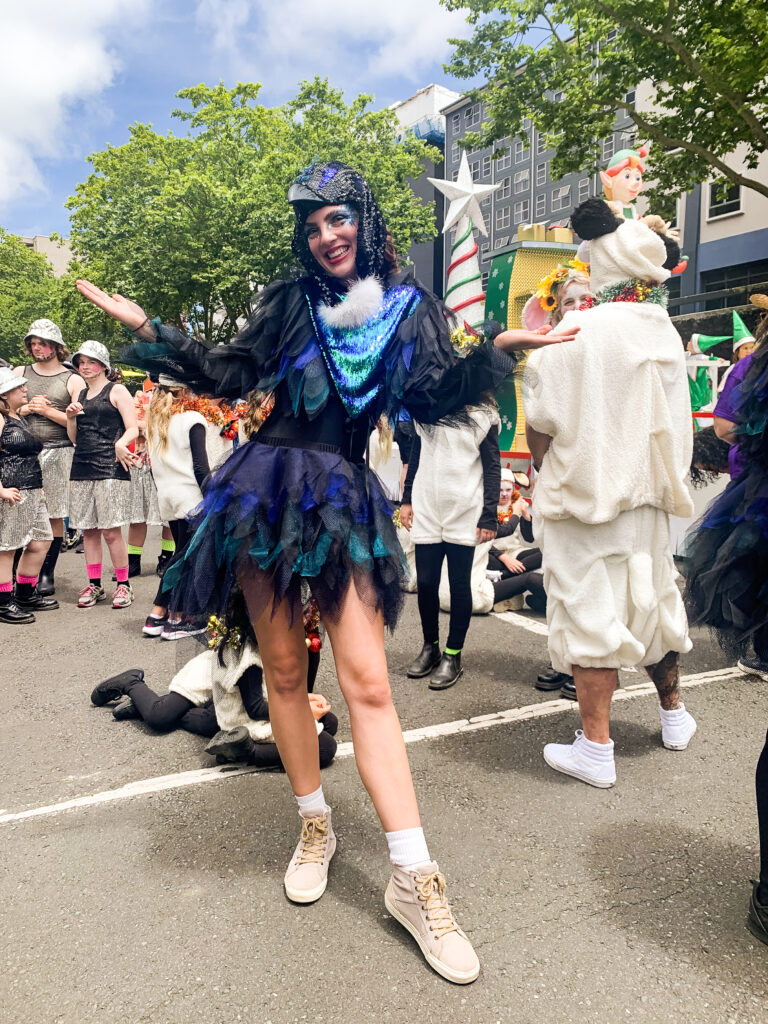
“I attended holiday parties and choir concerts,” she said. “I even volunteered in a Santa parade and dressed as a tui bird. I grew the most socially and built deep relationships in Australia and New Zealand.”
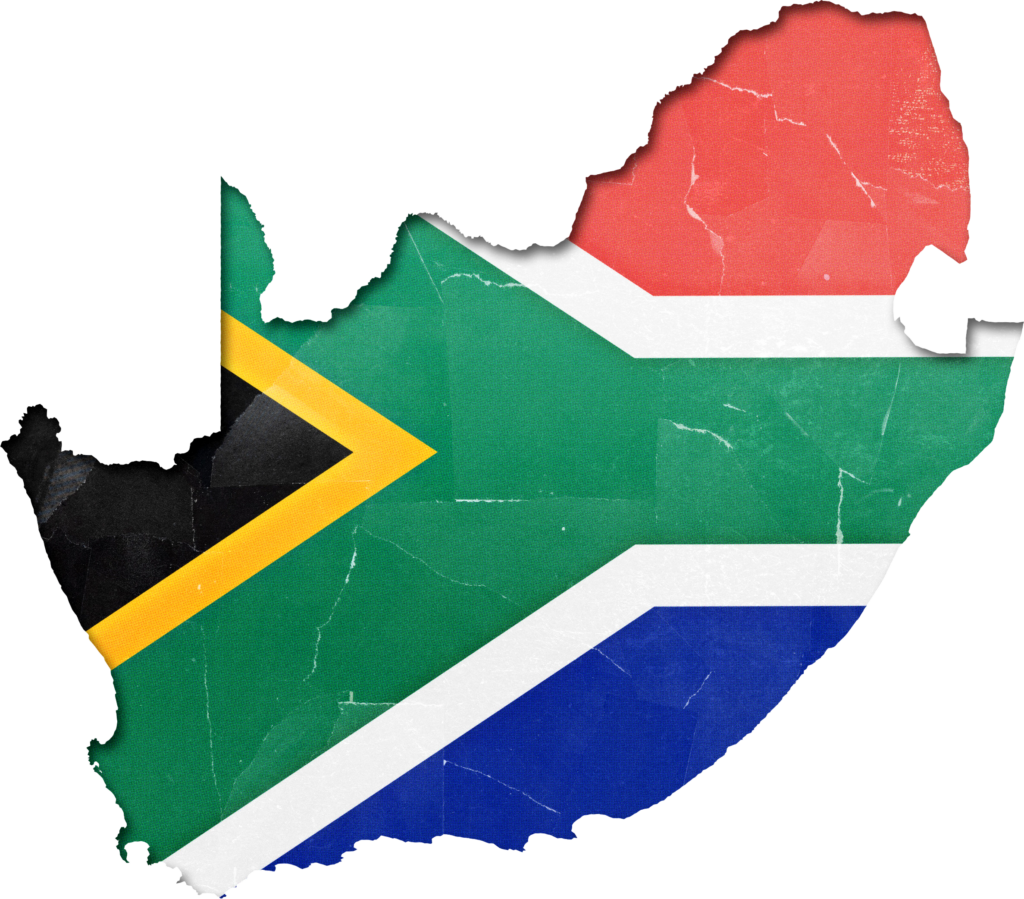
Cape Town, Johannesburg and Koloni, South Africa
Waldron’s global experiences then threw a curve ball with the country that challenged her yet taught her the most.
“I had spent a lot of time while I was in New Zealand facilitating a relationship with a professor in South Africa who was doing research that I was really interested in,” Waldron said. “I wanted to volunteer as a part of her project. We had video calls and spent some time navigating through what my role would look like, and she helped me connect with others to find housing in Stellenbosch, which is quite close to Cape Town.”
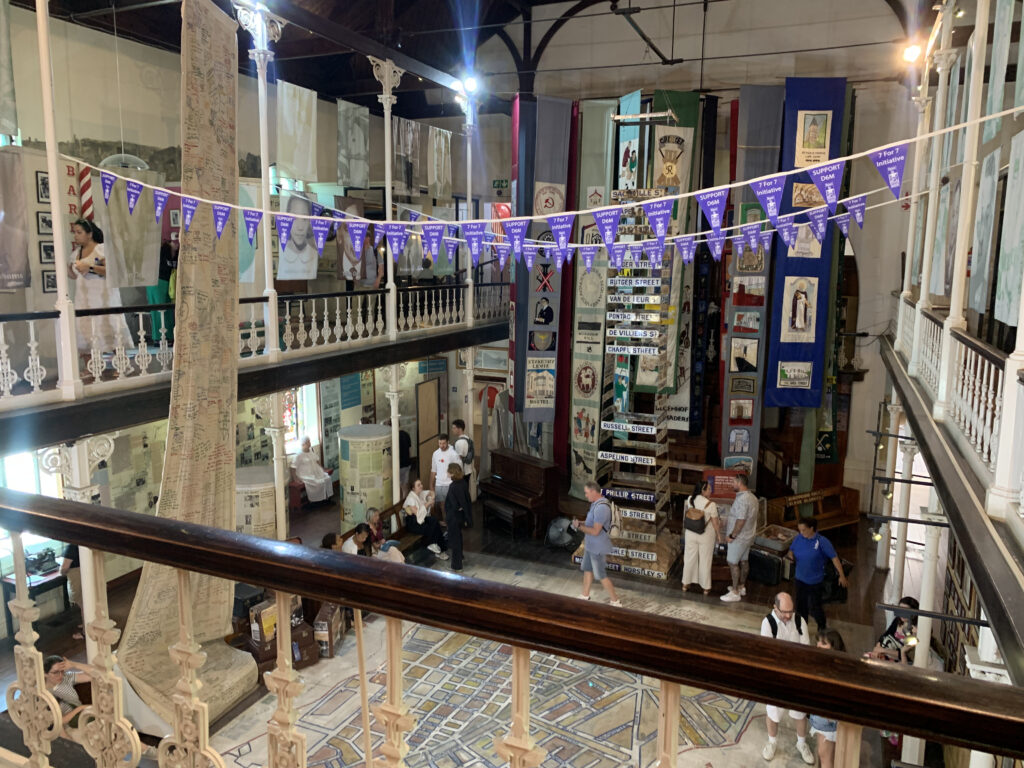
However, with no explanation, the professor stopped answering Waldron’s emails about three weeks before she was set to arrive, forcing her at the last minute to figure out what her time there would involve. On top of that, Waldron’s contacts provided some scary warnings about what it was like to travel in South Africa, especially for a woman traveling alone.
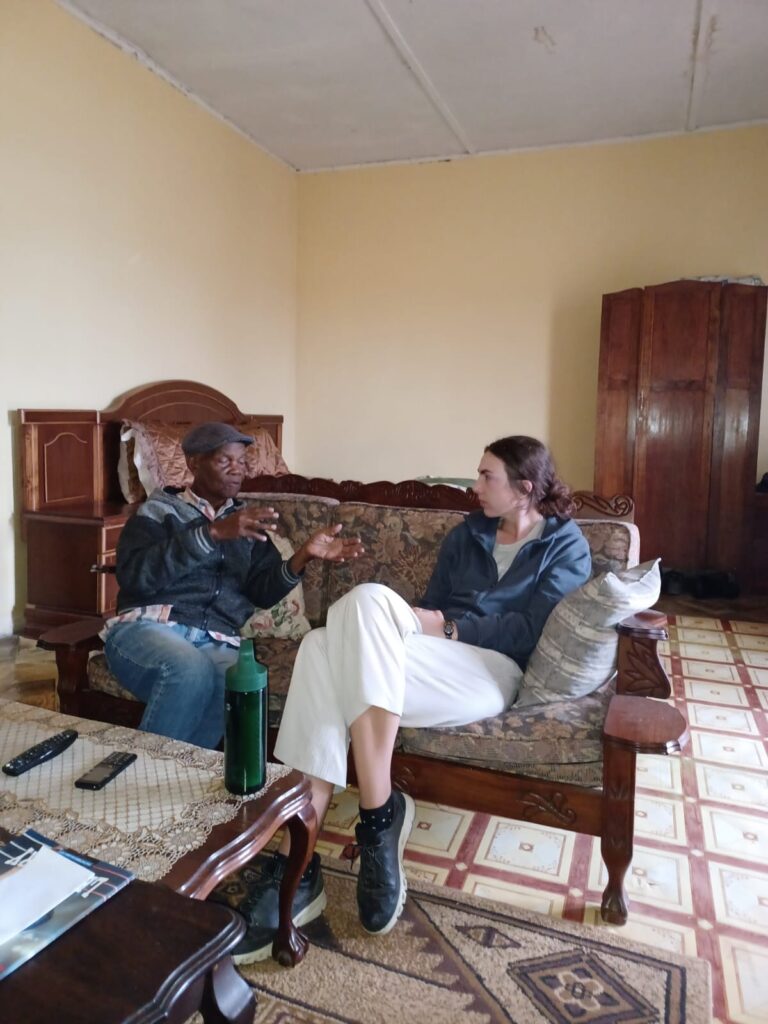
Thankfully, she had a strong support system of friends and family that reached out through WhatsApp and email, along with Akil Cornelius, a former K professor who lived in South Africa. As it turned out, many of the rumors she heard about South Africa’s safety were exaggerated. It all led to opportunities shadowing filmmakers, companies and nonprofits in Johannesburg, and work driven by storytelling and the advice she received abroad.
“I had a lot of conversations with women and strangers who became friends and a new support system,” Waldron said. “A lot of it was about tales of their regrets, successes and hopes in life. And one of the most profound pieces of advice was from a friend I met in New Zealand, who told me that the most important things I can learn while traveling solo will be from other women. She guided me to focus on these informal conversations I was having with other women and really listen to learn about their lives and what was important to them. That was a huge piece of my journey.”
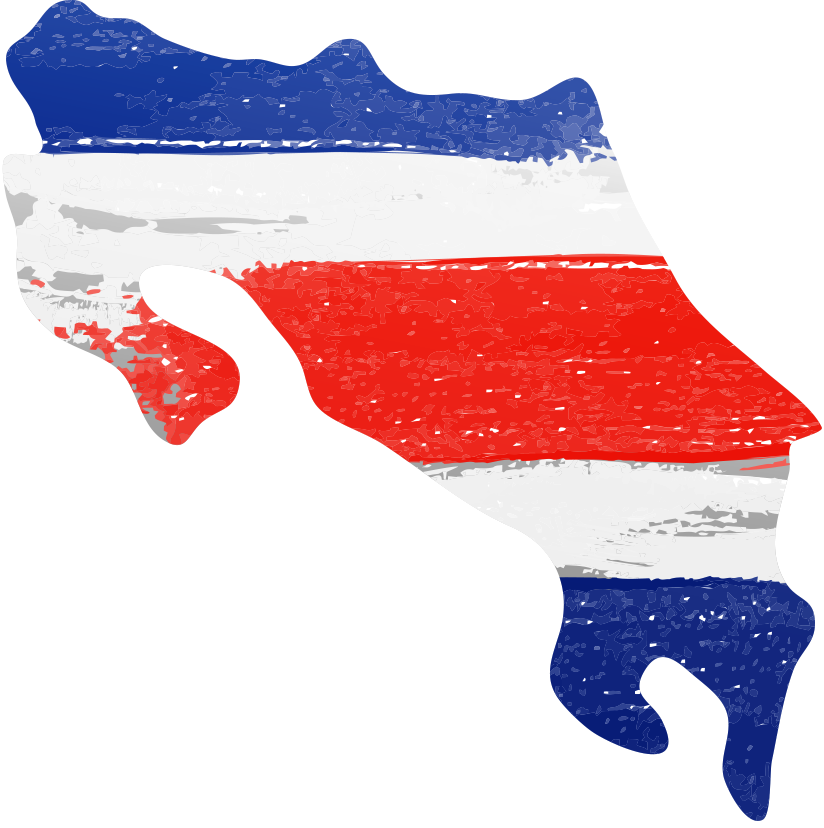
San José, Costa Rica
Upon setting off to Costa Rica, Waldron remembered more advice she received from back home.
“The advice was to not be fearful about making mistakes in Spanish,” she said. “To allow myself to be bad at language because it’s the only way to improve.”
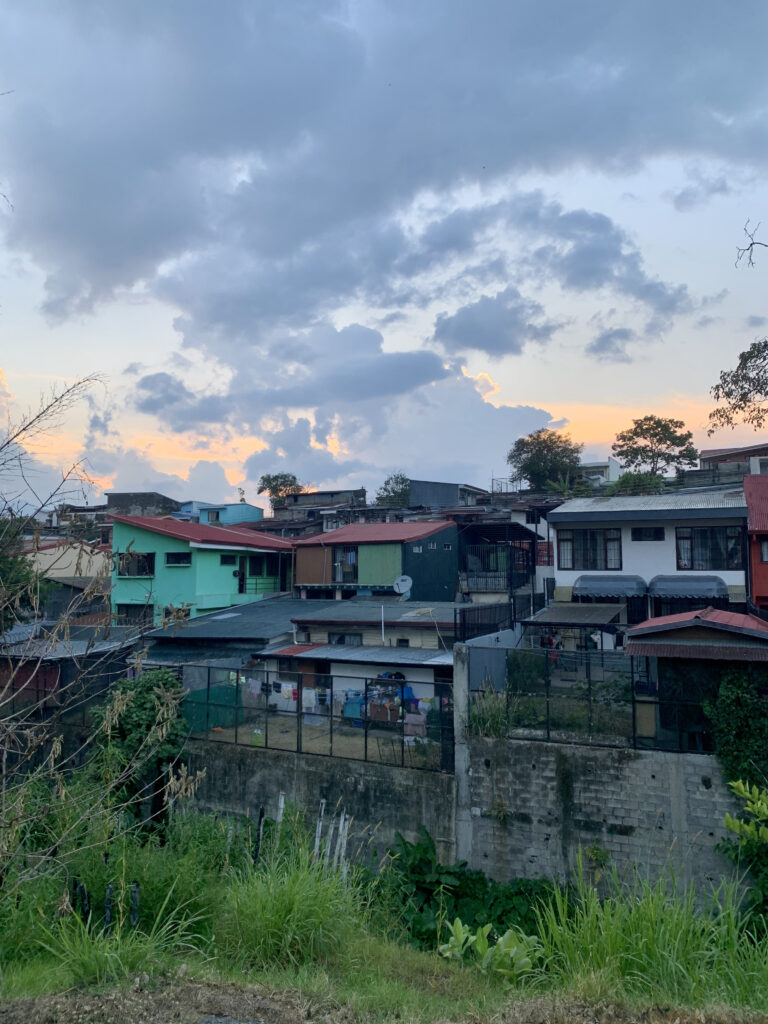
Waldron had taken Spanish at K, but it was during the COVID-19 pandemic when all her courses were online. She never learned how to speak Spanish well because she was afraid of making errors. She got to Costa Rica and couldn’t communicate in the grocery store line or even order her coffee. Yet, she immersed herself there, and it provided some big benefits.
“When I was at K, I decided that I wanted to go into nonprofit work, and in Michigan, it’s helpful to have Spanish-speaking skills, so I thought this would be a great opportunity,” Waldron said. “My month in San José was almost entirely focused on learning Spanish because I needed it to move forward with my reflection project and learn more about community support. But it was also a good spot because a lot of the teachers at the Spanish school I attended spoke English and were having conversations with me about Costa Rican history, about the welfare state and community support. That was helpful, and they were a great resource for me in making connections. They connected me with a family I could rent a room from, and they agreed to help me find an internship or volunteering role.”
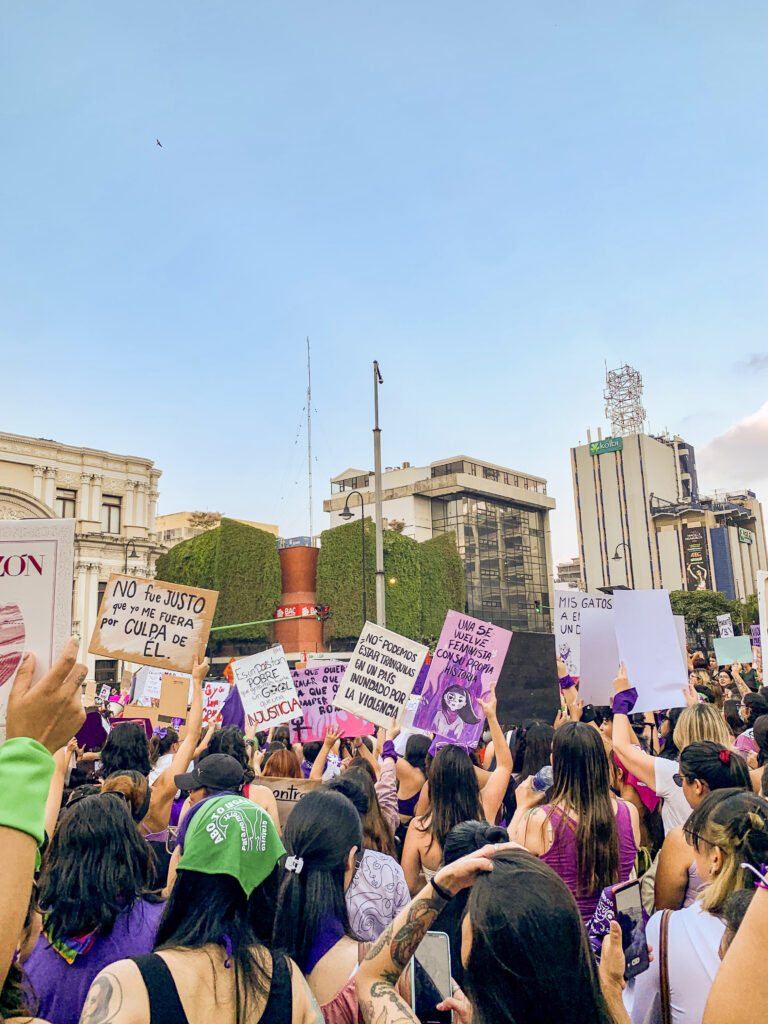
Ultimately, Waldron learned she appreciated rural life more than big cities while staying in Costa Rica. As a result, a connection at the Spanish school, the Institute for Central American Development Studies (ICADS), pointed her toward another family who lived about an hour south of the Nicaraguan border. Waldron moved there for her second month in Costa Rica because she was interested in Asociaciòn de Productores de Cacao de Agro Ambientalistas de Guatuso, an organization partly led by women who supported cacao farmers while offering what she called a unique form of support.
“I got an opportunity to integrate more into Costa Rican life,” she said. “I did a lot of cooking with the family, and I basically shadowed one of the family’s daughters for a month. She was going into meetings in town, hanging out with friends and spending time with family. I continued to practice my Spanish, and I would say that I grew the most intellectually in Costa Rica because I was immersed in families and situations that didn’t offer translation. It was a different type of learning than what I had in South Africa or Australia and New Zealand.”
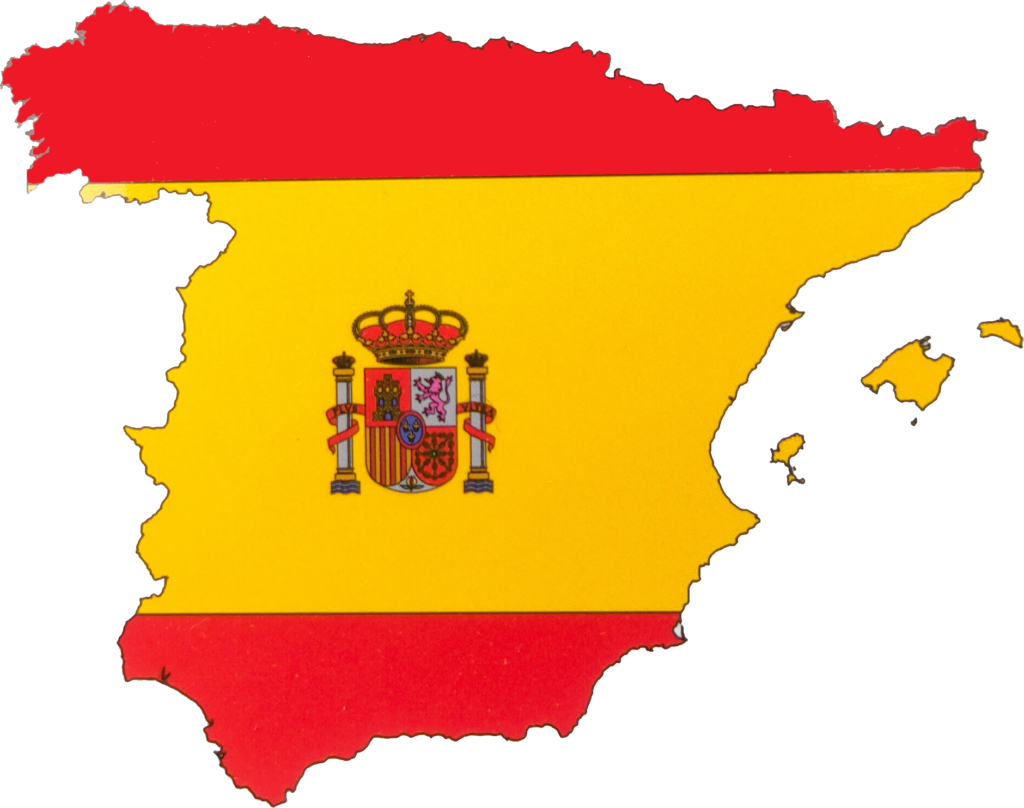
Spain
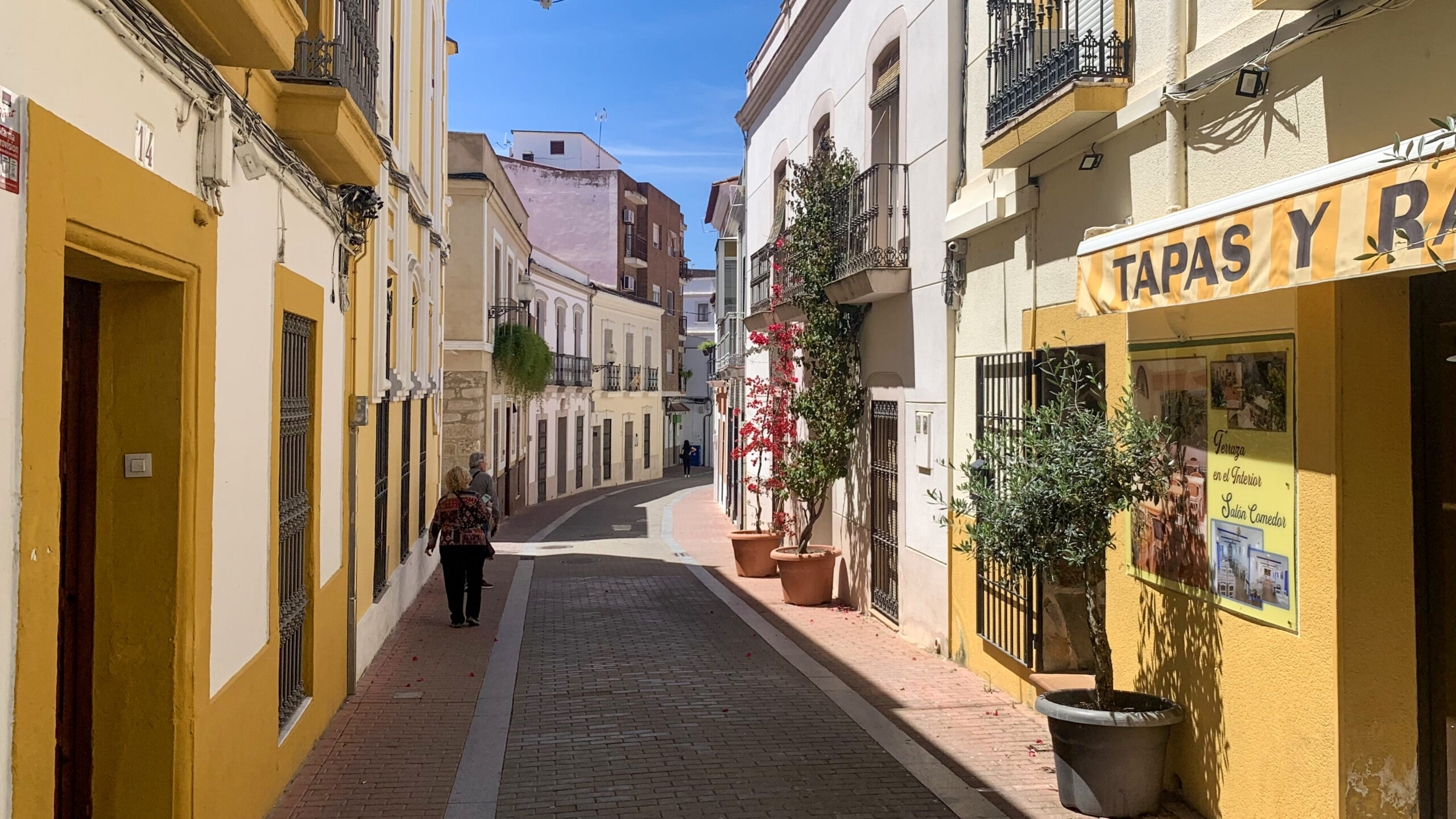
By the time Waldron arrived in Spain, she had done enough shadowing in nonprofits to conclude that her Spanish skills were lacking for nonprofit work. She decided community-based work might be a better fit for her, an idea she confirmed upon using K’s alumni directory to contact Heide Taylor ’10, who lives in Spain. The connection helped Waldron search for and find her next role.
“I was interested in exploring other avenues, and I found a creative arts center in a tiny southern Spanish town,” Waldron said. “I volunteered with gardening and cleaning. It helped me secure accommodations, and it still allowed me to be in that space to have conversations.”
The arts center brought in resident artists from all over the world while hosting other volunteers and Ukrainian refugees. It allowed Waldron to build friendships with women from Argentina, Ukraine and Spain while having conversations with the center’s directors to learn about their work.
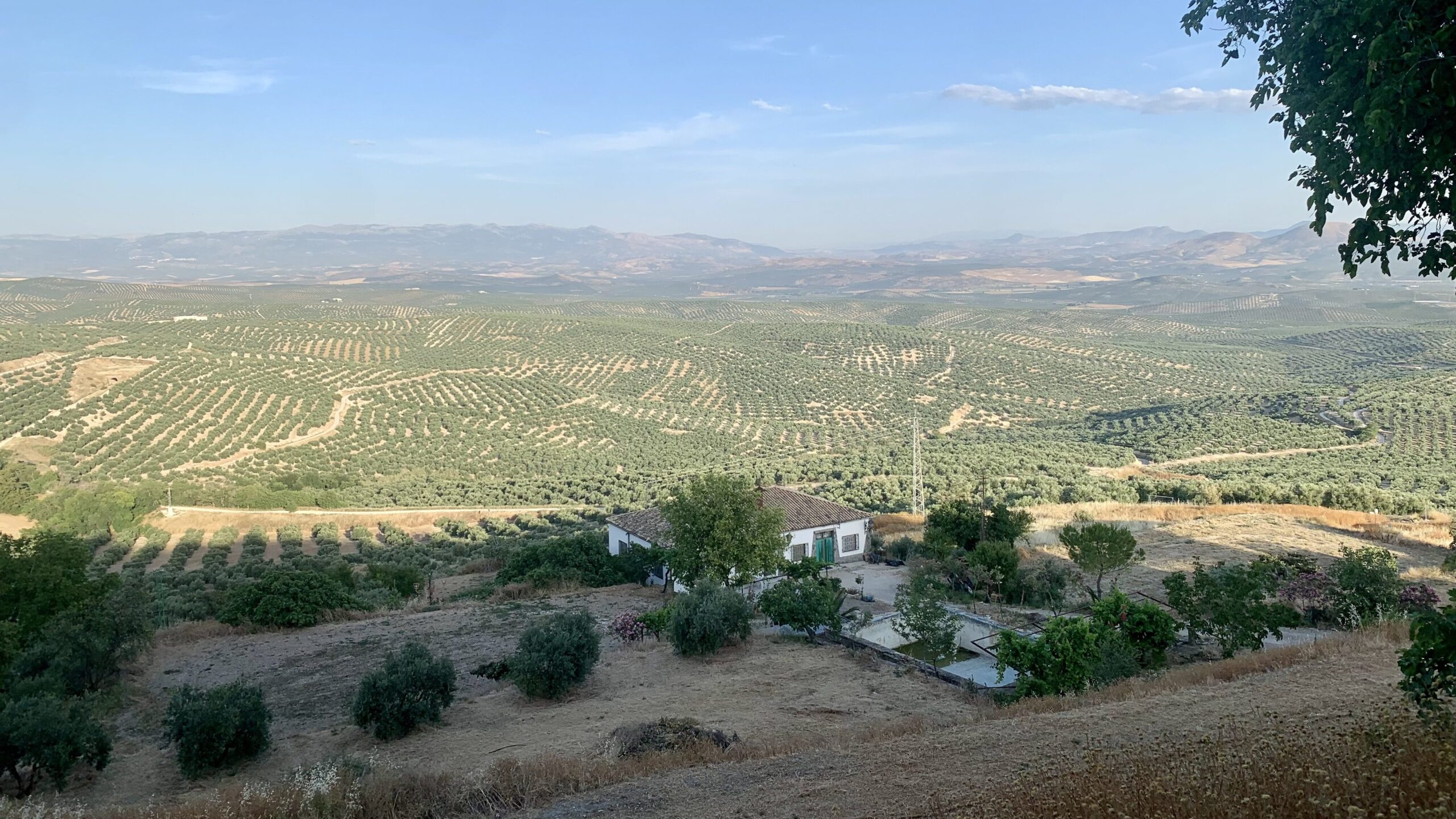

Global Wrap-up
Waldron admitted that by the time that her work in Spain concluded her fellowship adventure, she was mentally exhausted from planning on the fly so often.
“I think part of the amazing thing about this fellowship is that it’s really adaptable,” she said. “I added New Zealand because I found a logistical error, and when my volunteering role fell through in South Africa, I pivoted quickly to a different way of learning without repercussions from the donor or the College. And that’s incredibly special. But it also means that I was trying to be present in moments that were completely new to me while fully processing experiences.”
At the end of her trip, she extended her time abroad at her own expense to meet contacts in Turkey, England, Scotland and Luxembourg.
“It had been something I planned a few months previously, so I was prepared for it,” Waldron said. “I was feeling exhausted and simultaneously trying to be appreciative that I’d had the privileges of seeing so many places and continuing to travel.”
A few months after returning to the States, Waldron shared highlights from her fellowship with the K community in a presentation on campus during Homecoming. She described the challenges and joys she experienced in her months abroad and how her conversations with women around the world helped her refine the original objective of her journey.
“You might be wondering how all this comes together as ‘feminist methods,’ especially as I consider my own necessity, or lack thereof, to use that word,” Waldron said to the crowd. “But for me, this is what it looks like to center actions, thought processes and relationships formed with the intention of recognizing the way gender and sexuality structure society and culture, and interact with other systems of oppression.
“For my version of feminism, community support is central and paramount in creating new systems and worlds, although it is important to acknowledge that this idea is not unique to me and my experiences. I have gathered it from this journey and from the incredible research and writing taught in courses at this college, particularly by feminists of color, about community support.
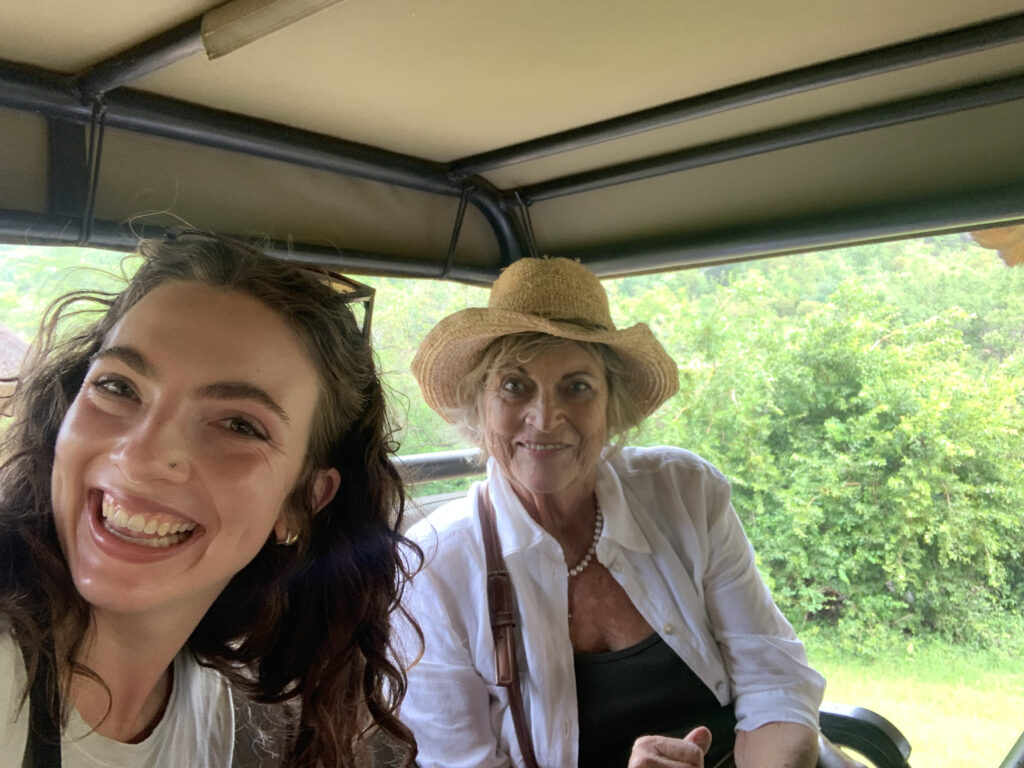
“And the overarching answer to that question I asked, ‘What feminist methods and processes outside of state institutions are feminists using today? How are they supporting and connecting people?’ Through my travels, volunteering and conversations, I have found women who have offered vulnerability and support through telling stories to other women about their lives. They bestowed me with tales of their regrets, successes and hopes. Their tales combined pain and incredible hope to imagine a world in which we have support systems and unimaginable and diverse examples of success. Despite my inability to offer roots in their neighborhoods, families and friendships, they offered me such support and love and demonstrated that successful, joyous lives are constantly evolving and filled with millions of satisfying and astounding options and versions. They were family, neighbors and friends to me.
“This is the feminist strategy I was seeking, and this is how people are being supported. Conversations between women offer vulnerability, compassion, community and comaraderie to other women through storytelling and dialogue.”